Pongal is a harvest festival celebrated by Tamilians around the world. Learn more about the festival, customs, and recipes so you can celebrate in the 2023 season.
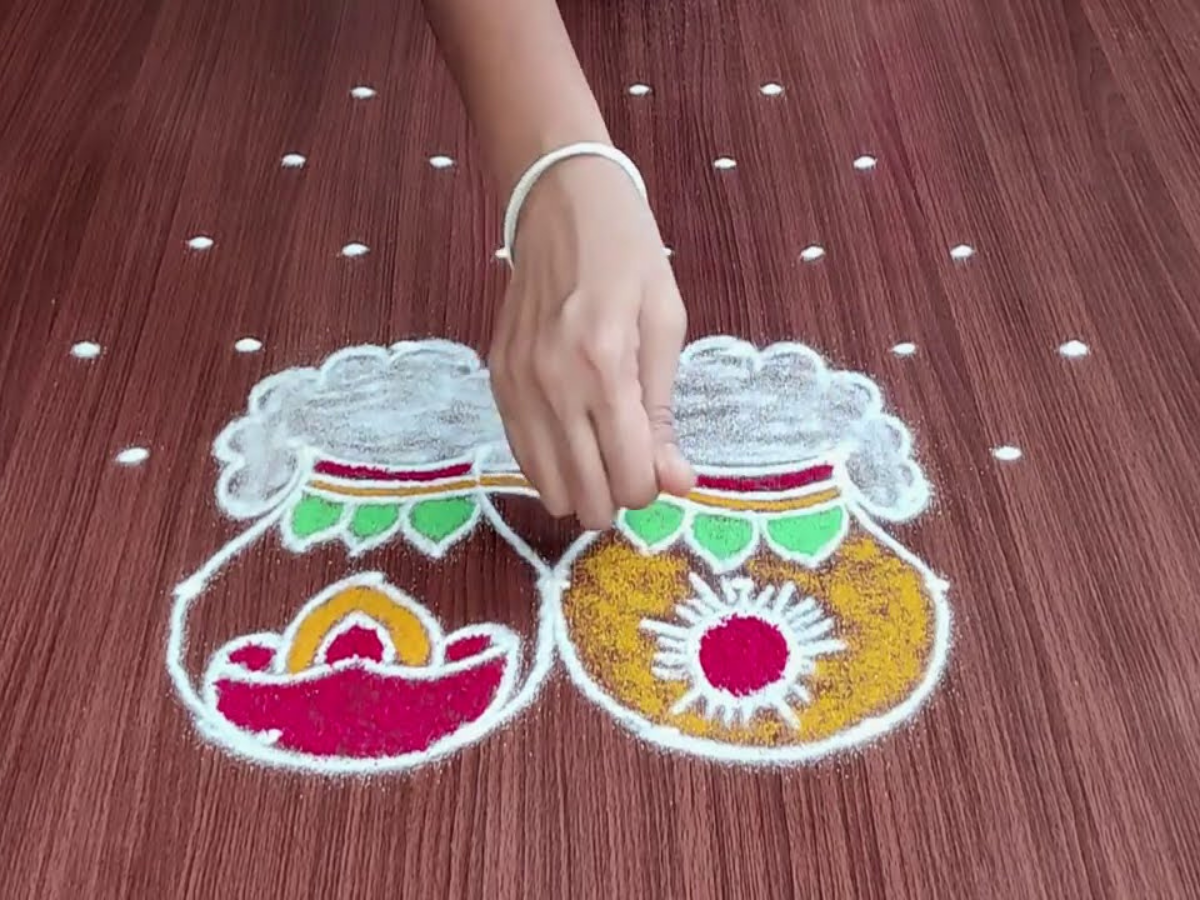
What is the Pongal festival?
Pongal is a four day harvest festival similar to Thanksgiving celebrated by Tamilians. Pongal is celebrated primarily in South India and Sri Lanka, where there is a big population of Tamil people. However, with the Tamil diaspora, the celebration has spread around the world to other countries like Malaysia, Singapore, the United States, and Canada.
Four days of Pongal in 2023
In 2023 here are the dates the festival falls on:
| Saturday January 14th | Bhogi Pongal |
| Sunday January 15th | Surya Pongal |
| Monday January 16th | Mattu Pongal |
| Tuesday January 17th | Kanum Pongal |
Bhogi Pongal - First Day of Pongal
Bhogi pongal is the first day of pongal, which is dedicated to the deity of rain. Families clean their houses and get rid of their old possessions. It is a ritual to get rid of things that don’t serve us happiness to make space for the new. I use this day to clear up the physical and mental clutter that can often be a source of distraction.

Once folks clear out their clutter, they adorn the front of their homes with kolums or rangolis. Kolums or rangolis are intricate works of art made with rice powder. They serve as a festive decoration to welcome folks into your home. Although I don't have the skill to draw these creations with my hands, I end up buying the pre-made kolum stickers which look quite stunning.
Surya Pongal - Second Day of Pongal
The translation of the word surya is sun. So it makes sense that the second day of pongal is to celebrate the sun.
The namesake dish, pongal, translates to "to boil over". Pongal is a rice and lentil porridge that is traditionally cooked on the second day of pongal. It is customary to make the dish on the second day in view of the sun.
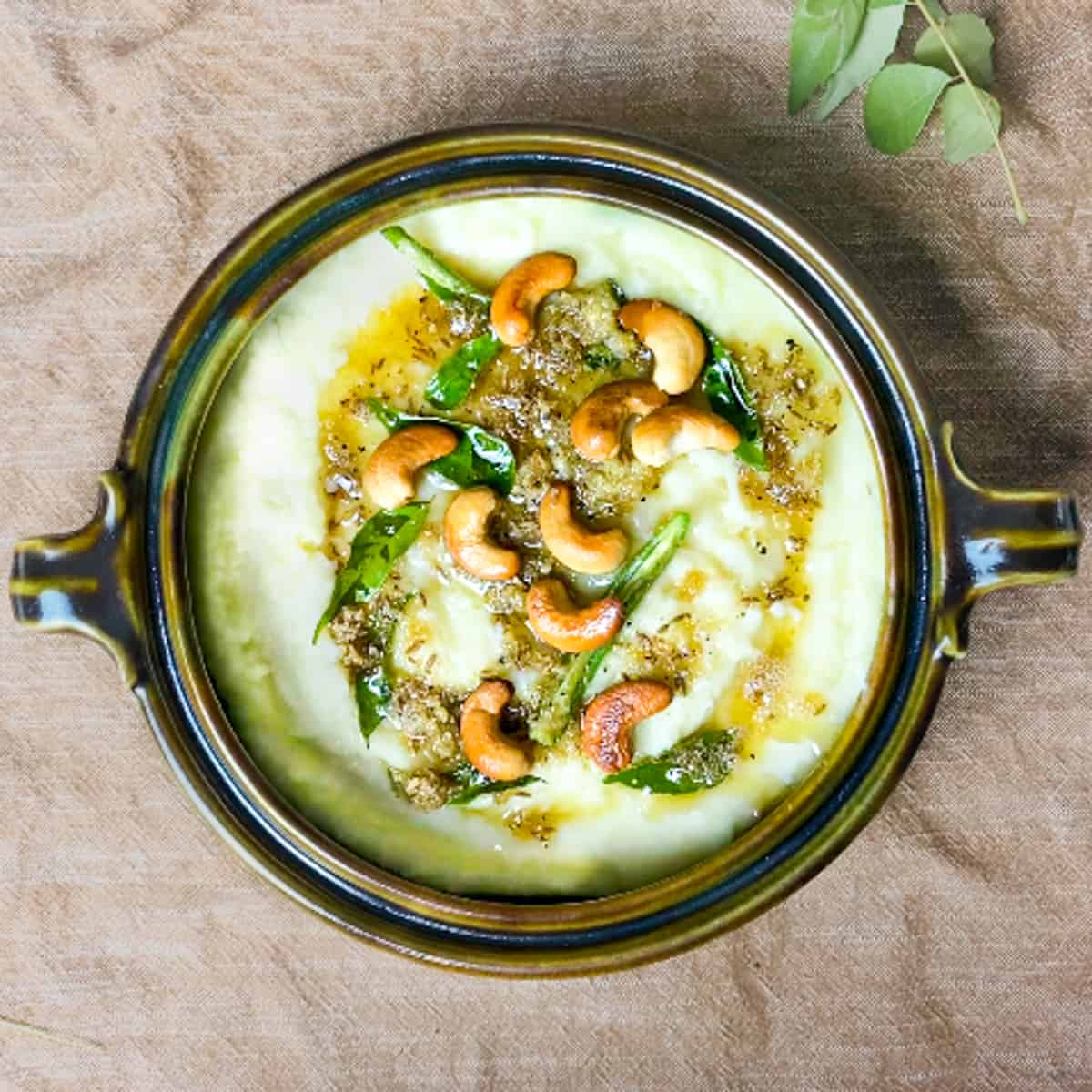
There are two varieties of pongal that are made during the festival. Folks often make a sweet variety of pongal called sakkarai pongal. Sakkarai pongal is made with unrefined sugar called jaggery and is first offered to the gods before eating.
The second kind of pongal is called ven pongal or khara pongal. This pongal is the savory version with delicious aromatics like ginger and crushed peppercorns. I live in Seattle where there is no view of the sun in January to make pongal. So, I instead make instant pot ven pongal that comes together in one pot as a way to celebrate.
Mattu Pongal - Third Day of Pongal
Mattu in Tamil means cow. So the third day of pongal, mattu pongal, is a celebration of the cow. The cow is a very sacred animal in India amongst the Hindu population. Cows nourish so many folks with their milk they they are an animal that is deemed holy.

The cow is especially celebrated on Mattu Pongal. Cows are bathed and adorned with saris, jewelry, and makeup for the big festivity.
I'm not sure how exactly to celebrate this day in the United States, especially if you don't have a cow. One way to adapt this celebration is to abstain from eating meat. It is just a small way of thanking the creatures that help put food on our table.
Kanum Pongal - The Fourth Day of Pongal
Kanum pongal is the fourth day of pongal. This is the day when families visit one another and gather to celebrate. Everyone has their own traditions on this day, but food is definitely a big part of those celebrations.
Food eaten during Pongal
The namesake dish pongal, a lentil and rice porridge, is often the centerpiece during the festival.
There are two varieties of pongal that are popular during this day. There is a savory version called ven pongal or khara pongal. The savory version is my favorite as it has hefty portions of ghee that are infused with warm aromatics like cumin seeds, black peppercorn, and ginger.
There is also the sweet version of this dish called sakkari pongal. Sakkarai pongal is made with unrefined sugar called jaggery that melds into the lentil and rice dish. It is traditionally offered to the gods in what is called a prasadam to be blessed before eaten.
In addition to the pongal, there are other dishes like sundal, lemon rice, and yogurt rice that are served on banana leaves and eaten during the day. You can check out the full list of pongal dishes to craft your own pongal menu this year.
Frequently Asked Questions
In 2023, Pongal is celebrated from January 14th - January 17 which marks the end of the winter solstice on the Tamil calendar.
The four days of pongal start from January 14th, 2023 and are 1) Bhogi Pongal 2) Surya Pongal 3) Mattu Pongal 4) Kanum Pongal. You can learn more about these celebrations here.
Pongal is celebrated primarily in South India and Sri Lanka, where there is a big population of Tamil people. With the Tamil diaspora, the celebration has spread around the world to other countries like Malaysia, Singapore, theUnited States, and Canada.
Pongal marks the end of the winter solstice in the Tamil calendar. It marks a time of celebration for the sun, the land, and the animals (in particular the cow), and the start of the harvest season.
The word pongal literally means "to boil over" and it refers both to the festival but also the dish that is boiled with lentils and rice. For the festival, two types of pongal, a rice and lentil dish, are typically served. Ven pongal (khara pongal) is the savory version and sakkarai pongal the sweet version. You can get the recipes and learn about more dishes served during the holiday here.
Pongal is celebrated by Tamil people around the world. It is primary celebrated in South India and Sri Lanka where there are big Tamil populations.
Pongal is a lentil and rice porridge but also a 4 day harvest festival celebrated by the Tamilians around the world.


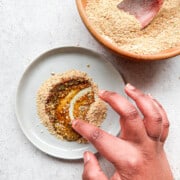
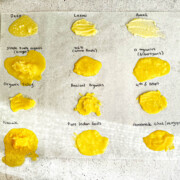
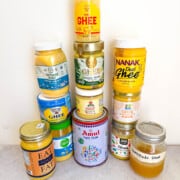
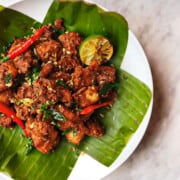
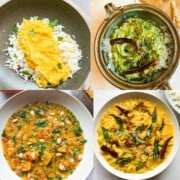
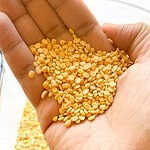
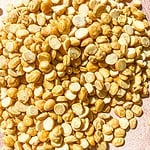
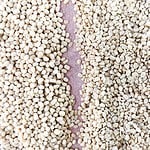
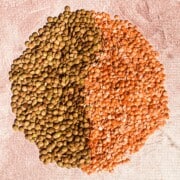

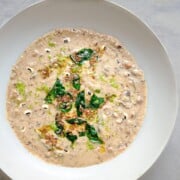
Leave a Reply